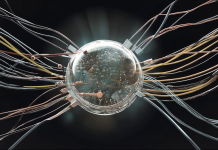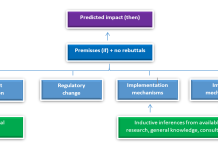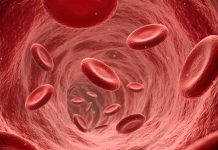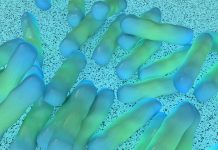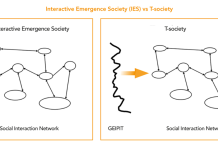Open Access Government produces compelling and informative news, publications, eBooks, and academic research articles for the public and private sector looking at health, diseases & conditions, workplace, research & innovation, digital transformation, government policy, environment, agriculture, energy, transport and more.
Home 2025
Archives
Does surface tension above boiling temperature still exist?
It remains unclear whether boiling metal surfaces can still show surface tension, says Prof Dr-Ing. Jörg Volpp, Associate Professor at University West, Trollhättan in Sweden.
Amino acid nutrition: A vital foundation for canine and feline health
Elizabeth Morris, Ph.D. and Julia Guazzalli Pezzali, DVM, MS, Ph.D., emphasize that amino acid nutrition is a crucial foundation for the health of both dogs and cats.
Role of extracellular electron transfer in the nitrogen cycle
Extracellular electron transfer impacts the nitrogen cycle by enhancing microbial processes and connecting to other biogeochemical cycles. Understanding EET mechanisms provides insights into ecosystem functioning and potential advancements; Arpita Bose and Zhecheng (Robert) Zhang explain.
Climate change, water change and the critical role of community resilience
Dr. Amanda Shankland, Dr. Carolyn Johns, and Gail Krantzberg, explore climate change resilience, water change, and the critical role of climate-ready communities.
Positron and electron catalysis of neutrino hadronization: How our universe was made
Constantinos G. Vayenas1, Dionysios Tsousis1,2 and Eftychia Martino1, together, discuss how our Universe was made, focusing on positron and electron catalysis of neutrino hadronization.
Nanobubbles and microbubbles: A fresh and economic appraisal to redesigning liquids’ life-line to bioprocesses
Niall J. English, from Chemical & Bioprocess Engineering at University College Dublin, discusses how new paradigms in manipulating microbubble and nanobubble populations by novel and inventive engineering approaches have an impact on tailoring liquids for various bioprocess applications.
Science investigation and engineering design: The seven sectors of stem solutions
Nancy Butler Songer, the Associate Provost of STEM Education at the University of Utah, focuses on science investigations and engineering design relevant to our complex world by identifying the Seven Sectors of STEM Solutions.
The journey of high-temperature superconductors: From discovery to today
John H. Miller, Jr., Professor of Physics at the University of Houston, discusses progress in high-temperature superconductors and its applications.
Developing mathematics teacher confidence through increasing understanding of mathematics
Dr. Jennifer Holm, from Wilfrid Laurier University, walks us through the importance of developing mathematics teacher confidence through increasing understanding of mathematics.
Communicating science: The “significance” of statistics
Statistical significance and scientific importance are distinct, equally valuable aspects of communicating the significance of statistics in scientific research.
Cell biology research: The mystery of cholesterol homeostasis
Kazumitsu Ueda, PhD from Kyoto University, WPI-iCeMS, unveils the mystery of cholesterol homeostasis in this cell biology research focus.
Purposive physics
“The Universe doesn’t care about us. It can’t since it has no purpose!” This is what we are told. But is it true? How would we know either way?
Forensic program: Mental healthcare through songwriting
A therapeutic guitar group at the Royal Ottawa Mental Health Centre’s Integrated Forensic Program evolved from a pilot project into a unique songwriting initiative that enhances participants’ mental well-being and social connections through music therapy.
Is there an elephant in the room of research on the origins of life?
Helen Greenwood Hansma, from the University of California at Santa Barbara, questions if there is an elephant in the room of research when it comes to the origins of life.
Why gravitational waves cannot exist!
J-F Pommaret from CERMICS, Ecole des Ponts ParisTech, France, investigates the idea that gravitational waves cannot exist.
Liquid computing and cybernetics for robotics and computer science
Recent advancements show that liquid memories and liquid computing devices bring a transformative approach to robotics and computer science.
Regulatory impact assessment and policymaking research
Kati Rantala, Research Director at the Faculty of Social Sciences, analyses Regulatory Impact Assessment as a policymaking tool.
Ciliary biomarkers for vascular health
Ramani Ramchandran, Professor at the Medical College of Wisconsin, investigates ciliary biomarkers for diagnosing and prognosing vascular health.
Membrane biogenesis, nutrient transport, and natural health product characterization
Find out here about Dr. Bakovic, an internationally recognized researcher in membrane biogenesis, nutrient transport, and natural health product characterization.
Understanding T-societies: How patterns shape our lives
Emeritus Professor Magnus S Magnusson explores the unique sudden bio-mathematical self-similarity between human and protein societies and the human explosion: from T-patterns to T-strings and T-societies.

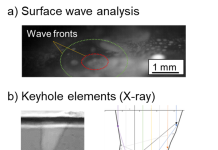

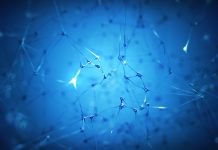
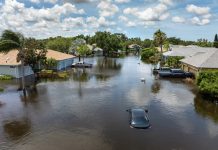

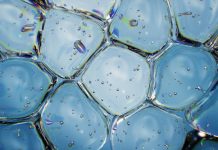
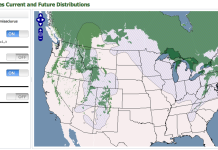
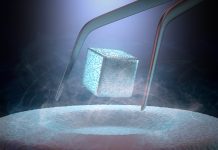
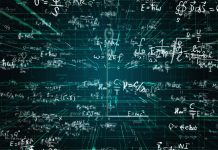
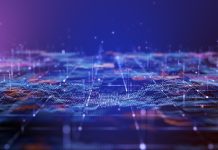

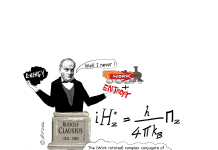

![Is there an elephant in the room of research on the origins of life? Figure 1: Ratios of the concentrations of Sodium ions [Na+] and Potassium ions [K+] in water on land and in the sea vs in living cells and in blood.](https://www.openaccessgovernment.org/wp-content/uploads/2024/12/Fig-1-218x150.png)

